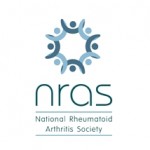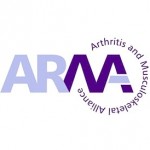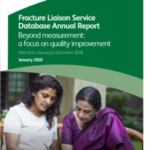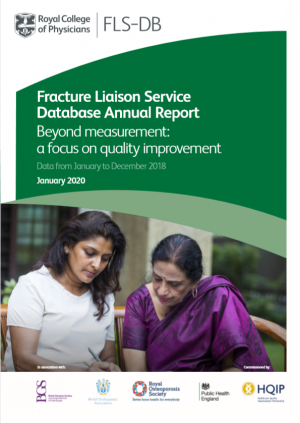 by Sue Brown, ARMA CEO
by Sue Brown, ARMA CEO
February has been a month of mixed feelings for me. On the downside I continue to hear of rationing of NHS services by CCGs going against NICE guidelines. More positively I’ve been hearing about some ambitious work to transform MSK services around the country. We need some of this bold thinking if we are going to achieve ARMA’s goal of high quality, appropriate MSK services for everyone who needs them.
This month I spoke to someone in a hospital about hip and knee replacement.…
Read more of this article


 been featured in
been featured in 

 The final version of the
The final version of the 
 This joint response was issued by National Voices, The Arthritis and Musculoskeletal Alliance, Versus Arthritis, the MS Society, the Neurological Alliance and Healthwatch England.…
This joint response was issued by National Voices, The Arthritis and Musculoskeletal Alliance, Versus Arthritis, the MS Society, the Neurological Alliance and Healthwatch England.… 



 by Clare Jacklin, Chief Executive, NRAS
by Clare Jacklin, Chief Executive, NRAS